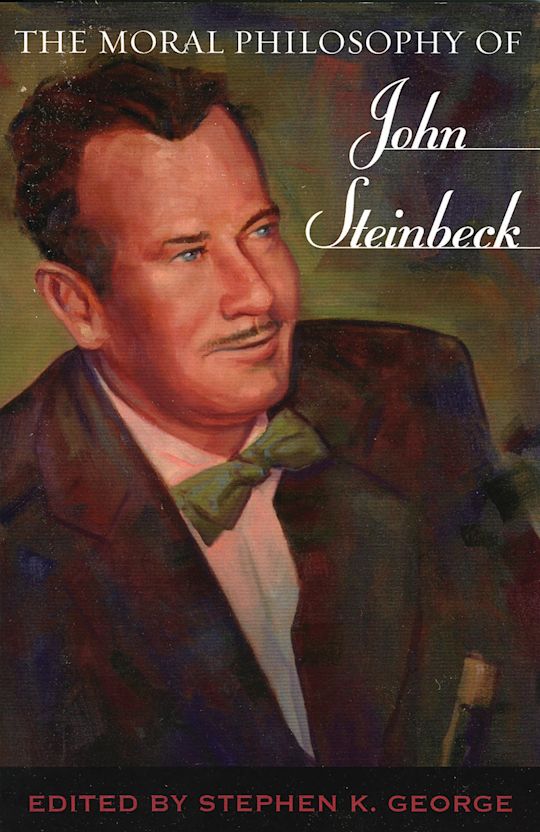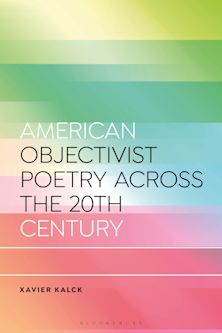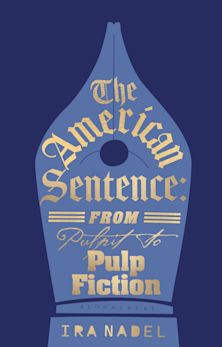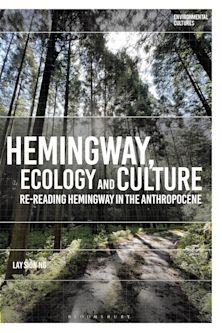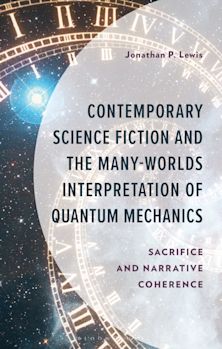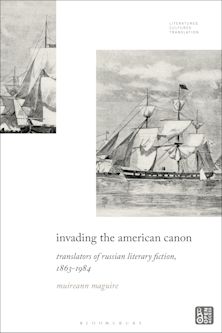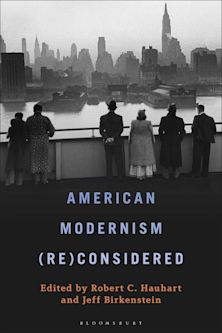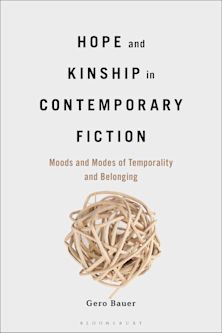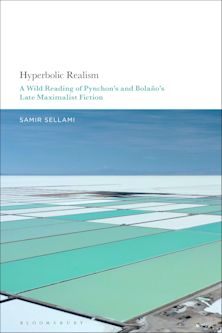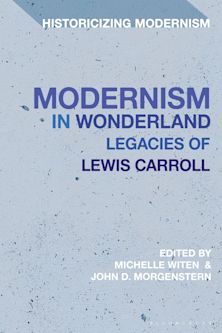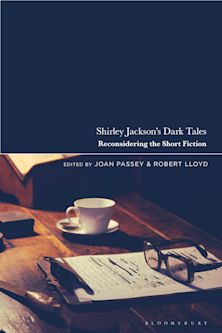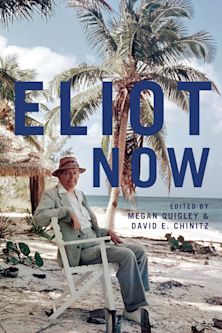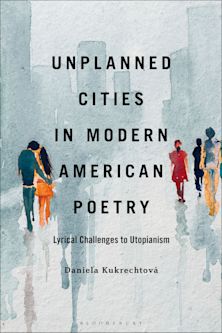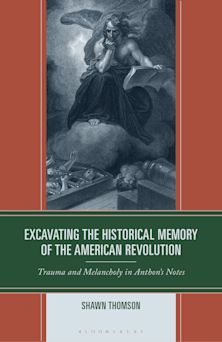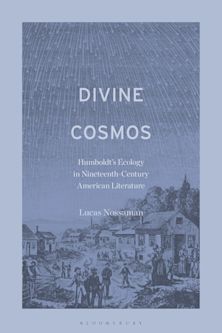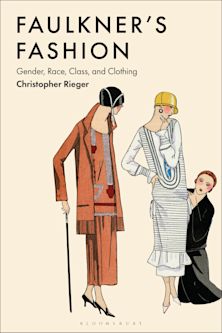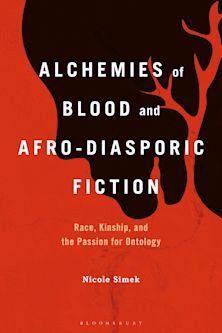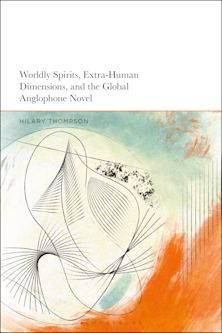- Home
- ACADEMIC
- Literary Studies
- North American and Caribbean Literature
- The Moral Philosophy of John Steinbeck
The Moral Philosophy of John Steinbeck
This product is usually dispatched within 3 days
- Delivery and returns info
-
Free US delivery on orders $35 or over
You must sign in to add this item to your wishlist. Please sign in or create an account
Description
More than any other author of the Modern period of American literature, John Steinbeck evidenced a serious interest and background in moral philosophy. His personal reading collection included works ranging from Kant and Spinoza to Taoism and the Bible. Critics also consistently identify Steinbeck as an author whose work promotes serious moral reflection and whose characters undergo profound moral growth. Yet to date there has been no sustained examination of either John Steinbeck's personal moral philosophy or the ethical features and content of his major works.
This critical neglect is remedied by a collection of highly readable essays exploring the philosophy and work of one of America's few Nobel Prize winning authors. These thirteen essays, written by experts both within philosophy and Steinbeck studies, examine almost all of Steinbeck's major works. Included in the compilation are five general essays examining Steinbeck's own moral philosophy and eight specific essays analyzing the ethics of various major works.
Table of Contents
Part 2 Acknowledgments
Part 3 Introduction
Part 4 Part I: Steinbeck and Moral Philosophy
Chapter 5 John Steinbeck's lower-case utopia: Basic Human Needs, a Duty to Share, and the Good Life
Chapter 6 John Steinbeck and the Morality of Roles: Lessons for Business Ethics
Chapter 7 John Steinbeck: An Ethics of Fiction
Chapter 8 "I Want to Make 'Em Happy": Utilitarian Philosophy in Steinbeck's Fiction
Chapter 9 The Existential Vacuum and Ethan Allen Hawley: John Steinbeck's Moral Philosophy
Part 10 Part II: Ethical Explorations of Steinbeck's Fiction
Chapter 11 Moral Experience in Of Mice and Men: Challenges and Reflections
Chapter 12 Of Death, Life, and Virtue in Steinbeck's Of Mice and Men and The Grapes of Wrath
Chapter 13 Judging Elisa Allen: Reader Entrapment in "The Chrysanthemums"
Chapter 14 The Power of Strange Faces: Revisiting The Grapes of Wrath with the Postmodern Ethics of Emmanuel Levinas
Chapter 15 The Emotional Content of Cruelty: An Analysis of Kate in East of Eden
Chapter 16 "No Sanctuary": Reconsidering the Evil of Cathy Ames Trask
Chapter 17 Business, Sex, and Ethics in The Wayward Bus
Chapter 18 "The Disintegration of a Man": Moral Integrity in The Winter of Our Discontent
Part 19 Bibliography
Part 20 Index
Part 21 About the Contributors
Part 22 About the Editor
Product details
| Published | Mar 23 2005 |
|---|---|
| Format | Paperback |
| Edition | 1st |
| Extent | 224 |
| ISBN | 9780810854413 |
| Imprint | Scarecrow Press |
| Dimensions | 9 x 6 inches |
| Publisher | Bloomsbury Publishing |
About the contributors
Reviews
-
This collection speaks to moral philosophers as eloquently as it speaks to literature scholars, proving that great authors have been 'doing ethics' all along and sometimes in far more lucid and interesting ways than the ethicists. The Moral Philosophy of John Steinbeck argues persuasively that Steinbeck himself is one of the great American 20th century ethicists. The editor, Stephen George, has clearly demonstrated that great fiction can be philosophy, and philosophy can be entertaining!
Nina Rosenstand, Associate Professor of Philosophy, San Diego Mesa College, and author of The Moral of the Story: An Introduction to Ethics
-
For almost a century fans of master storyteller John Steinbeck have experienced and been enlightened by the ethical questions so powerfully dramatized in his enduring novels and stories. In The Moral Philosophy of John Steinbeck, the complexity, depth, and breadth of this canonical writer's moral vision are thoroughly examined, enabling readers to better appreciate that rare and special region where philosophy and fiction meet.
Charles Johnson, Endowed Professor of English, University of Washington; author of Middle Passage
-
American scholars of literature and philosophy offer perspectives on what writer Steinbeck's (1902-68) moral philosophy entails and how it plays out in his fiction. Among their topics are lessons for business ethics from his morality of roles, utilitarian philosophy, moral experience in Of Mice and Men, reader entrapment in The Chrysanthemums, the emotional content of cruelty, and reconsidering the evil of Cathy Ames Trask.
Reference and Research Book News
-
This collection of thirteen essays offers suggestive and thoughtful explorations of the various moral dimensions of John Steinbeck's works....Most of the essays provide sustained analysis of specific characters and situations, and this is a chief virtue of the collection....The book offers a variety of insightful philosophical perspectives....In sum, this collection includes a healthy diversity of reflections on moral reasoning in and through the works of one of America's literary masters. A recurrent theme is that attempts to censor Steinbeck typically mask (or at least fail to appreciate) the moral complexity of his characters and the situations they face; these essays consistently demonstrate this point. As noted above, the shorter essays tend to be suggestive and would be ideal for use in courses that call for student interpretation. Other, typically longer articles tend to offer more substantial philosophical reflection; these would suit courses in Ethics as well as Philosophy & Literature. Moreover,though, I recommend the book to anyone interested in mining the complexities of Steinbeck's moral insights.
Society For The Advancement Of American Philosophy
-
...this is an exciting book, yielding fresh, interesting new readings. Highly recommended.
Choice Reviews
-
As Richard E. Hart observes, it is high time for Steinbeck to be 'fully appreciated as a contributor to moral philosophy.' This new book explores the moral content and implications of Steinbeck's work - with particularly interesting essays concerning The Wayward Bus and Of Mice and Men - and stands as yet another important and necessary perspective on an extremely complex, well read, and critically undervalued author.
Brian Railsback, author of Parallel Expeditions: Charles Darwin and the Art of John Steinbeck








